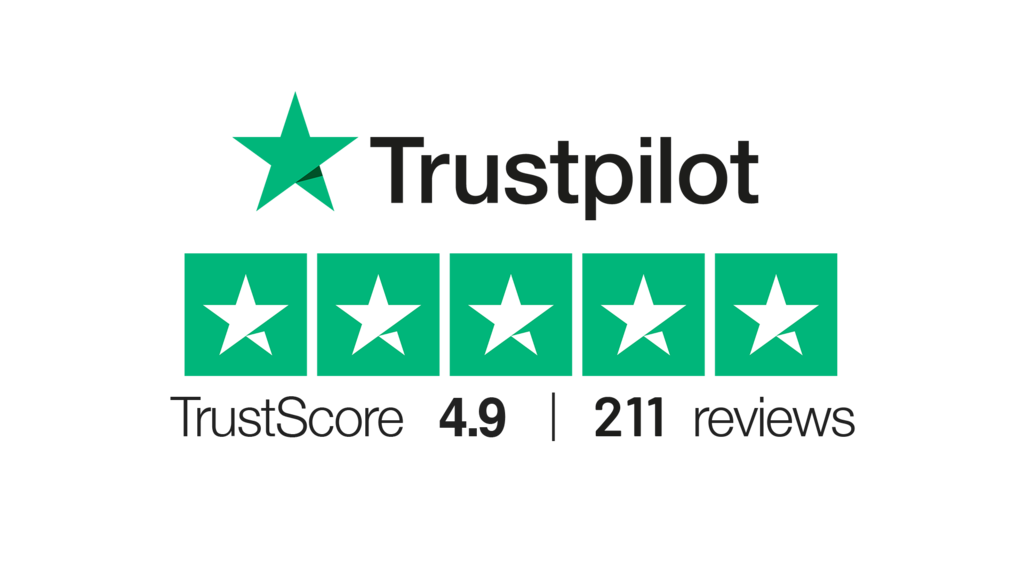Top 5 Essential Nutrients for Hair Loss Diet
Table of Contents

What Are the Top 5 Essential Nutrients for Hair Loss?
Hair loss can often be linked to nutrient deficiencies, which is why focusing on the right diet can help maintain hair health and prevent thinning. Essential nutrients play a critical role in promoting hair growth and maintaining the strength of hair follicles. The top five nutrients necessary for combating hair loss include biotin, iron, zinc, vitamin D, and omega-3 fatty acids. Each of these nutrients provides specific benefits that contribute to overall scalp health and hair density. Understanding their role in your diet is key to addressing hair loss naturally.
Biotin: The Hair Growth Vitamin
Biotin, also known as vitamin B7, is one of the most well-known nutrients for hair health. It helps convert nutrients into energy and plays a critical role in the production of keratin, a protein that forms the structure of hair. Deficiencies in biotin can lead to brittle hair, hair loss, and thinning. Foods rich in biotin include eggs, nuts, seeds, and leafy greens, which can be easily incorporated into your daily diet.
Iron: Preventing Hair Thinning
Iron is another essential nutrient that supports healthy hair growth by helping red blood cells carry oxygen to hair follicles. Iron deficiency, also known as anemia, is a common cause of hair thinning, particularly in women. Foods rich in iron include red meat, spinach, lentils, and fortified cereals. Ensuring adequate iron intake is vital for keeping hair strong and preventing further loss.
Zinc: Maintaining Scalp Health
Zinc plays an important role in repairing hair tissue and maintaining the oil glands surrounding hair follicles. A deficiency in zinc can contribute to hair loss and scalp conditions like dandruff. Incorporating zinc-rich foods like oysters, chickpeas, and pumpkin seeds into your diet can support hair health and ensure that your scalp remains nourished and balanced.
Vitamin D: Stimulating Hair Follicles
Vitamin D is essential for stimulating hair follicles, promoting new growth, and maintaining hair thickness. Many individuals with hair loss are found to have low levels of vitamin D, making it a crucial nutrient to focus on. Sun exposure is one of the best ways to get vitamin D, but it can also be found in foods like fatty fish, fortified dairy products, and supplements.
Omega-3 Fatty Acids: Reducing Inflammation and Promoting Hair Growth
Omega-3 fatty acids are essential for reducing inflammation in the scalp and promoting hair growth. These healthy fats nourish hair follicles, support cell membrane health, and improve hair elasticity. Omega-3s can be found in foods like salmon, chia seeds, flaxseeds, and walnuts, all of which can enhance hair strength and shine.
FaQs about Top 5 Nutrients
How much vitamin D do I need for healthy hair?
A daily intake of 600 IU of vitamin D is generally recommended for adults. However, individuals with low vitamin D levels may require supplements or increased sun exposure to promote hair growth.
Is it possible to get all the necessary nutrients from diet alone?
While a balanced diet can provide many of the essential nutrients for hair health, some individuals may require supplements, especially if they have specific deficiencies or dietary restrictions.
Are there any supplements for hair loss?
There are many supplements available, including biotin, iron, vitamin D, and omega-3 capsules. However, it’s best to consult with a healthcare provider before starting any new supplement regimen.
Can a poor diet really cause hair thinning?
Yes, a diet lacking in essential nutrients like biotin, iron, and omega-3s can contribute to hair thinning and loss. A nutrient-rich diet is vital for maintaining healthy hair growth.
Can omega-3 fatty acids really improve hair thickness?
Yes, omega-3 fatty acids reduce inflammation and nourish hair follicles, improving hair thickness and elasticity. Incorporating foods like salmon and flaxseeds into your diet can boost hair strength.
What foods should I include in my diet to reduce hair loss?
Incorporate foods rich in biotin (eggs, nuts), iron (spinach, red meat), zinc (pumpkin seeds, oysters), Vitamin D (fatty fish, fortified cereals), and omega-3s (salmon, flaxseeds) to support healthy hair growth.
How long does it take for a nutrient-rich diet to improve hair health?
Results vary, but most people notice improvements in hair strength and growth within 3 to 6 months of following a balanced, nutrient-rich diet.













